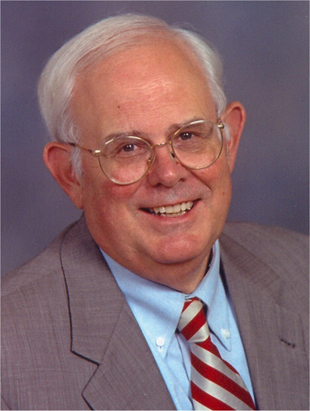You may or may not have noticed but North Carolina's political leadership has undertaken a fundamental shift away from unqualified support of traditional public schools towards favoring charter, private and even online schools. The merits of this policy are subject to debate, but there is no denying the trend.
It started with the demand for more choice in where and how children received the mandated primary education, culminating, in the waning hours of the 1996 General Assembly, in a new law authorizing the initiation of publicly funded charter schools, capping their number at 100. These charters were granted greater flexibility in organization and implementation of education in hopes that new innovations would emerge; new approaches and instruction that could be implemented in traditional public schools.
The movement gained momentum when the cap was lifted in 2011, resulting in the current 158 charter schools serving approximately 70,000 (about 5 percent) of the 1.5 million k-12 students in our state. While data collected from charters is sometimes not as detailed as that from traditional district schools there are some significant trends to note. For the first time, the number of non-white students in traditional schools is larger than white students. In contrast, charter enrollments contain higher percentages of white students from wealthier families than their traditional counterparts.
How well are they performing? The Stanford University Center for Research and Educational Outcomes reports that charters outperform district (traditional) public schools in reading while underperforming in math. The Public School Forum of North Carolina data shows that 11 percent of charter schools received "A" grades, compared to 5 percent of district schools. But 14 percent of charters received "F" grades, compared to just 6 percent of district schools.
The granting of flexibility was always accompanied by the demand for accountability. Charter schools were required to earn renewal through solid academic performance. There is disturbing evidence those accountability requirements are being relaxed. A 2015 law made it more difficult to refuse their renewal, at the same time shifting some of the oversight of them away from the Department of Public Instruction.
But charter schools are not the only move away from traditional public schools. In the 2014-15 school year our state began giving vouchers of $4,200 to low-income parents for "Opportunity Scholarships" to be used to enroll their children in private schools. Many argued this move violated our Constitutional requirement that public monies not be disbursed for private purposes, but our State Supreme Court, in a split decision, allowed taxpayer dollars to pay private school tuition.
It is far too early to know how well these "scholarship" students will perform, but we are already rapidly expanding the program. What started as a $10.8 million budget appropriation in 2014 has exploded to an authorized $24.8 million, funding nearly 6,000 students.
And we are highly skeptical of online schools.
Our purpose here is to neither condemn nor endorse charters, private schools or, for that matter, traditional district public schools. It is to point out the shift occurring in public education. We favor giving educators flexibility and encouraging innovation, however we cannot permit less than total accountability and excellence. Let us not be distracted from our primary goal to provide each child the "sound basic education" our Constitution requires.
Publisher's note: Tom Campbell is former assistant North Carolina State Treasurer and is creator/host of NC SPIN,
a weekly statewide television discussion of NC issues airing Sundays at 11:00 am on WITN-TV.
Contact Tom at NC Spin.


























